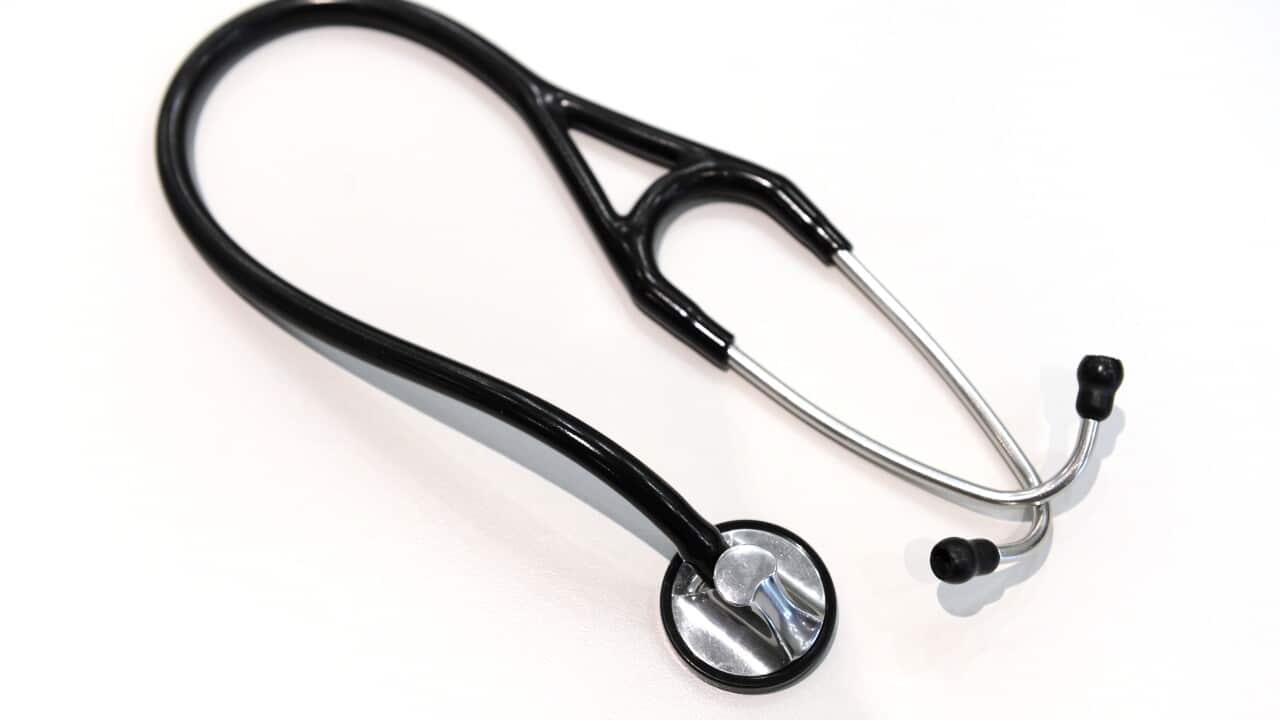Racism towards Indigenous medical trainees and interns is prompting more than a quarter to consider other careers, a survey shows.
Health authorities say societal racism risks further deterioration in health outcomes and challenging attempts to improve life expectancy for Aboriginal and Torres Strait Islander people.
More than half of the Indigenous trainees surveyed by the Australian Health Practitioner Regulation Agency reported experiencing or witnessing racism, bullying, or sexual harassment, compared to a third of trainees in total.
Australian Indigenous Doctors Association CEO, Donna Burns, urged non-Indigenous healthcare workers to be aware of the dire consequences this may have on wider Australian communities.
“Australia faces shortages in the GP workforce and in rural and remote communities, and we know that Indigenous doctors choose to work in these areas at higher rates than the rest of the medical workforce,” the Wiradjuri told NITV.
“A racism free healthcare system is not only the right thing to do, but also a smart thing to do.”
Indigenous practitioners are key to delivering culturally safe healthcare, particularly in remote communities.
Among national targets aimed at improving outcomes for Indigenous people is closing the gap in life expectancy by 2031.
The target would pass its deadline by the time an aspiring doctor beginning their study in 2025 would qualify, which typically takes at least seven years.
More than 80 per cent of survey respondents said it was worth investing the time, reporting their medical school studies prepared them well, but almost two-thirds were stressed over the cost.
AIDA works to support medical professionals and training programs to remove these cost and cultural safety barriers within the system.
“It is entirely unacceptable that any trainee experiences racism in an environment that should be safe,” Burns said.
“We must be brave enough to say racism is not OK, protecting our doctors on a personal and professional level.”
Medical Board of Australia chair Anne Tonkin was appalled by the survey results.
“Our health system and our community need to do better,” Dr Tonkin said.
Almost 30 per cent of Indigenous trainees, and close to one-in-five trainees in total, were considering a career outside of medicine.
Dr Tonkin said the racism and harassment trainees reported witnessing and experiencing was a societal issue and not just a problem in the medical sector.
“(Survey) results anchor deficits in the culture of medicine firmly to wider community attitudes and behaviours,” she said.
About half the respondents said patients and their families were the most common source of their reported experiences.
Burns reiterated that a proactive approach to foster inclusivity and respect for our Aboriginal and Torres Strait Islander professionals and patients was necessary.
“Our Indigenous medical workforce is such a valuable asset to the healthcare system. They bring a unique understanding that all of Australia can benefit from, particularly Indigenous people.
“We must do better to create a safe environment so our Indigenous medical workforce can flourish.”
